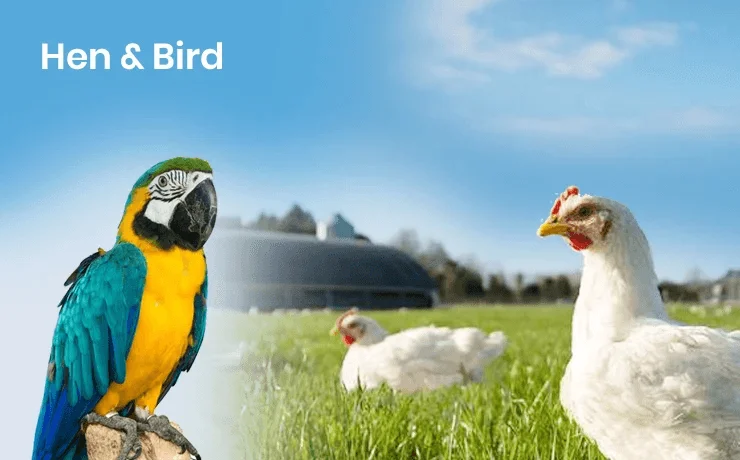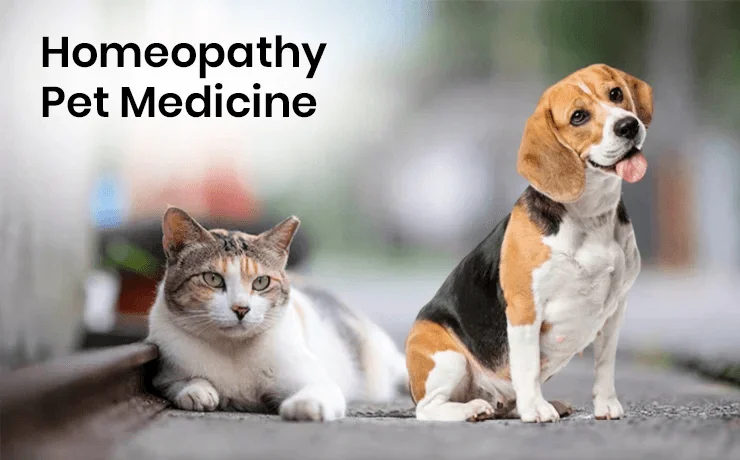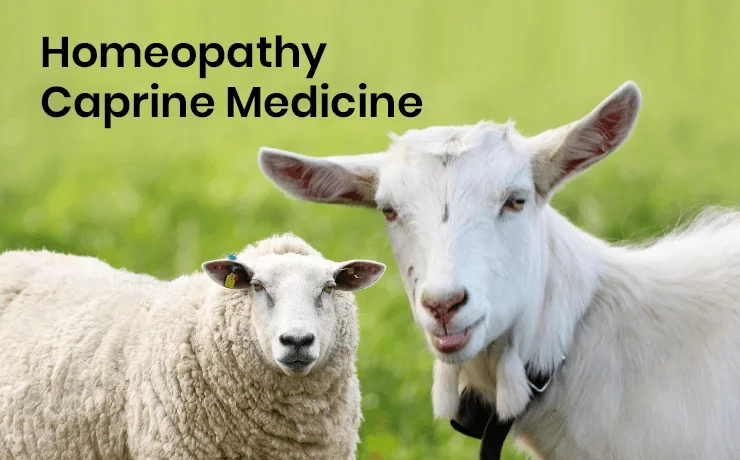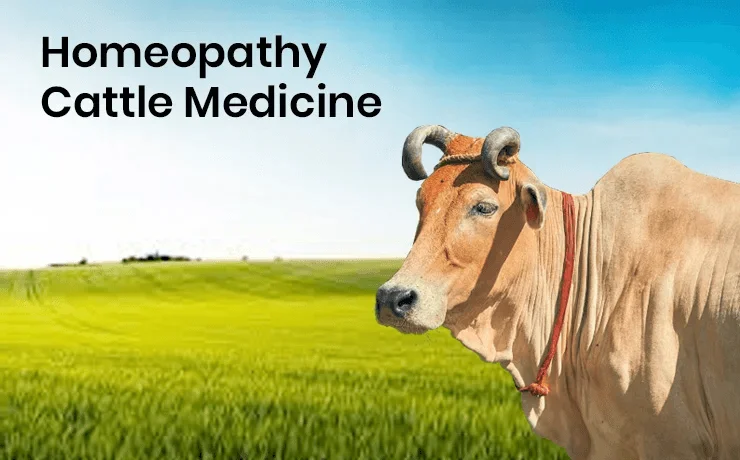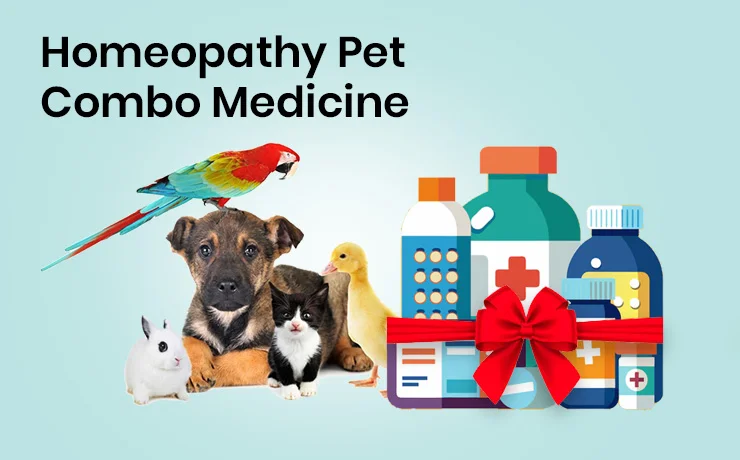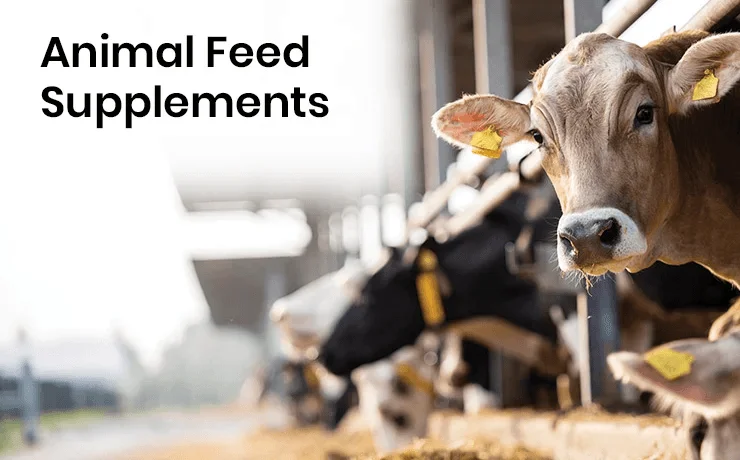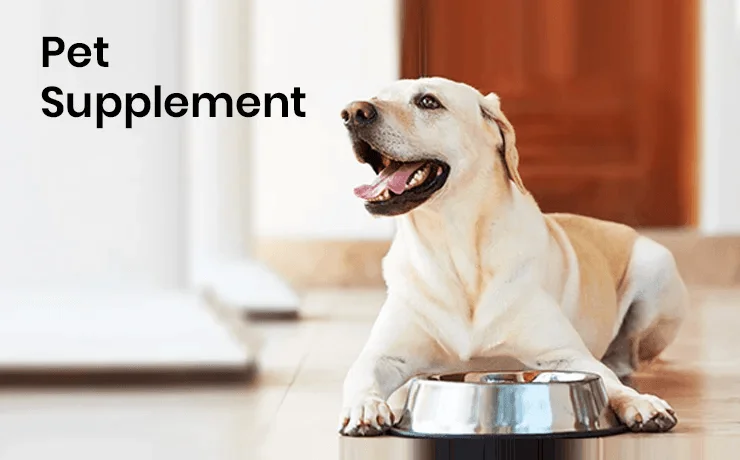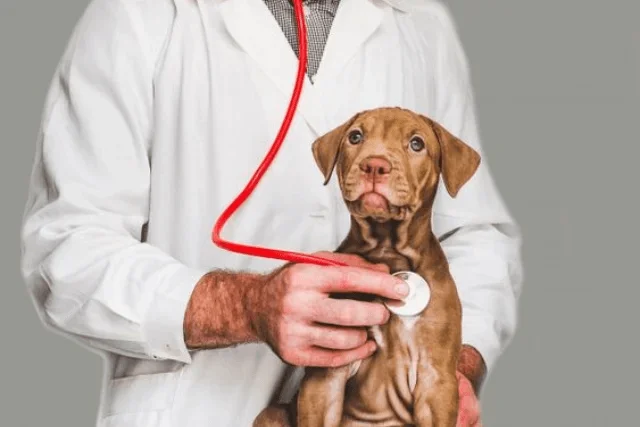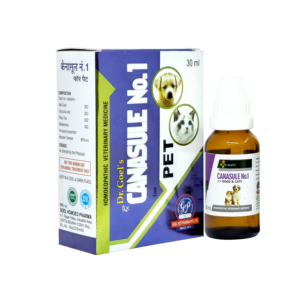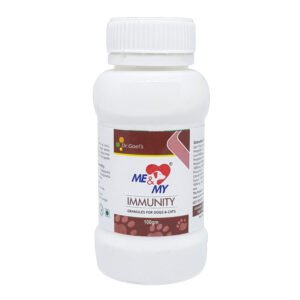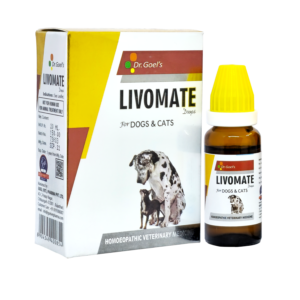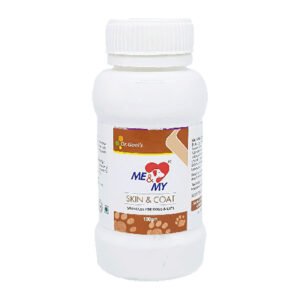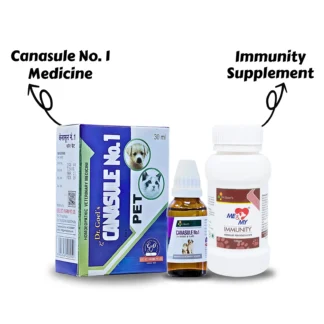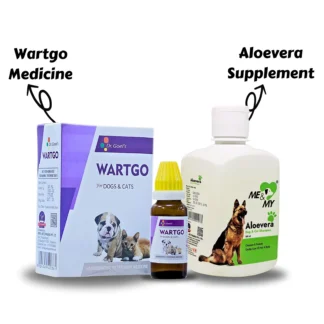Stronger Immunity Means Longer Life

A healthy life means a strong body and stronger health. But did you know, your body is dependent upon its immune system to regain strength? Wait, how does immunity work? How exactly is immunity related to the health and welfare of our body? If immunity means a better life and good health, is there any way to build immunity in my furry friend? How do I help my dog build a stronger body and health? If you, too, had questions regarding immunity and health, you have come to the right place, through this blog, let’s discover the secrets of immunity, how it works, what exactly is immune-boosters, and how to ensure a happy, healthy, and strong life in our Pets.
IMMUNITY: THE FORTRESS OF BODY
Immunity refers to the body’s ability to prevent the invasion of disease-causing microorganisms called pathogens. Pathogens are nothing but foreign disease-causing substances, such as fungi, bacteria, and viruses, which have the ability to make your pet sick. Immunity is like a fortress that protects the body from all ailment-causing germs/micro-organisms. There is a little army of fighter cells in our body called the White Blood Cells which act as fighters against any infection. These little fighters are responsible for killing, eating (phagocytosis), and discarding most of the disease-causing microorganisms which invade your body. It is a complex biological system that has the ability to recognize whatever belongs to the self [body] and to reject what is foreign to the body (non-self), for example, microbes. Immunity is not a complex thing to comprehend, this is simply a fortress with an army of WBCs- Immune cells to fight infection and protect our organs and body as a whole.
In short, immunity can also be referred to as ‘Fighters for Body.’
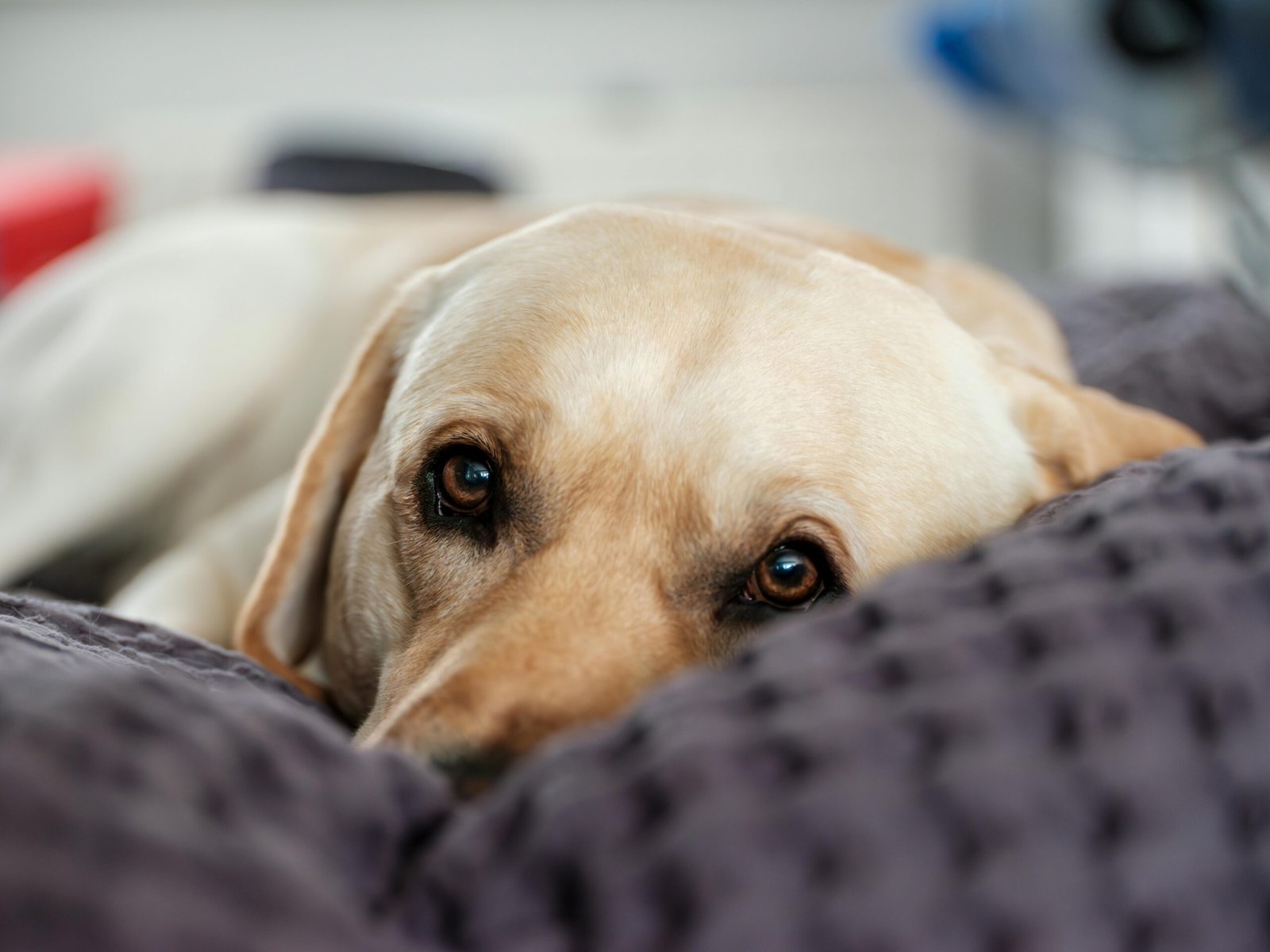
The Facets Of Immunity
Immunity has been divided further into categories to help understand its mechanism of action and its role in building a healthy system, let’s have a quick look into the world of immunity.
Immunity can be broadly classified into two categories:
- Innate Immunity
- Acquired Immunity
1. Innate Immunity
Innate Immunity is the type of Immunity that is present right from birth. It is the inborn resistance mechanism against disease-causing microorganisms and infections that an individual possesses right from birth due to their genetic makeup. Innate immunity is the first line of cellular defence which acts against foreign microbes immediately.
This type of immunity is encoded in one’s genes. Genetic immunity protects an organism throughout its entire life. This immunity basically comprises an individual’s natural ability to resist infection.
There are certain physical barriers present in the body that helps to fight against pathogens- The Skin and Mucous Membranes [Mouth, Nose, Conjunctiva, etc.]
The cells responsible for this type of cellular defence are Natural killer cells, macrophages, mast cells, basophils, eosinophils, and neutrophils.
This immunity further goes on to activate the acquired immune system to build lasting immunity and further protect the body against invading pathogens.
2. Acquired Immunity
This type of Immunity is however adapted or acquired by an organism after birth via vaccines or exposure to microorganisms. This type of immunity is acquired throughout the lifetime of an individual. This is the second line of defence against pathogens. Acquired immunity is also called Adaptive or specific immunity. As the name suggests, this immunity is acquired or adapted as and when the pathogen attacks the body. The adaptive immune response is specific to the pathogen presented.
The cells responsible for this type of cellular defence are: T and B lymphocytes
The Role And Factors Affecting Immunity
Immunity and immune response vary a lot from one individual to another, species to species. It’s a perfect amalgamation of genetic factors and environmental factors. The immune response thus owes the majority of its chunk to environmental factors apart from genetic factors. Let’s understand various factors one by one.
1.Age: The Major Factor
Age plays the most important role in the immunity of pets. Mostly young and old the extreme ends of the spectrum of the life cycle are particularly vulnerable to infections due to hampered Immunity. Let’s see how. In young puppies or kittens, there is something called maternal antibodies which are present in the milk of the mother. These antibodies are very essential and are meant to protect kittens and puppies from diseases and infections. Thus it’s important to give the puppies and kittens their mother’s milk when they are young. Adequate maternal antibodies are thus essential to prevent severe or chronic illness or death. Mother’s Milk has immunoglobulins (Immunoglobulins have an important role to play in immunity building) which helps your pets immensely.
The younger population of pets like kittens and puppies are at greater risk of infection as they are still building their Immunity up. Certain infections such as Parvo Virus Infection in puppies or Feline Leukaemia Virus in kittens are some of the diseases which affect the younger population as compared to the older ones, this is because the younger animals are more susceptible to infections. Thus, age here is a crucial factor. This is why, we vaccinate our puppies and kittens from 6th to 8th week onwards against various organisms like Parvo Virus, Leptospira, Adeno Virus, etc in puppies through the 9 in 1 Vaccine
While in cats we vaccinate them to build up Immunity against Calicivirus, Feline Leukemia Virus (FeLV), etc.
These vaccinations are initially given at 6th and 7th week onwards followed by booster doses for the same and then followed by Anti Rabies Vaccine which again builds up Immunity against the deadly Rabies Virus. These vaccination schedules must be followed as it helps to prevent life-threatening conditions since it helps to build up the immunity of the animal.
Annual vaccination is thus done to keep the immunity at a stable level and help your pets to lead a healthy happy life.

2. Stress & The Environment
Stress is one of the factors which hampers the Immunity of your pets. Sudden stress will lead to the release of Corticosteroids that will suppress the immune response. Long
Term stress causes the release of cortisol, which is also immunosuppressive at high levels. Any kind of physical or emotional stress affects your pets, for example – a sudden change of atmosphere and environment, severe weather changes (extremely high temperature, extremely low temperature), traveling, excessive handling, trauma, illness, pregnancy, boarding, etc.
Environment plays a crucial role in our pets’ life. The environment contributes to stress as well. If there is poor sanitation or poor Management practices, it might take a toll on the immunity of your pets. For example, an unhygienic dog boarding facility might cause your pet [without adequate vaccination or protection against the same] to contract kennel cough which has been sent to a kennel/ boarding which might harbor the disease-causing pathogens.
Nutrition & Supplements: Important Role In Immunity Building
Nutrition plays a vital role in immunity. A diet rich in optimum levels of minerals, vitamins, fibers, carbohydrates, essential fatty acids, and proteins is important to give your pets all nutrients essential to build up a strong body and stronger immunity.
Here are some nutrients which are important for the development of a normal
Immune response –
Vitamins like: Vitamin A, Vitamin D, Vitamin C, B vitamins (Vitamin B complex) polyunsaturated fatty acids,
Minerals like: Calcium, Copper, Selenium, Chromium, Zinc, etc
Many of these nutrients act as antioxidants which have the ability to protect the immune cells from oxidative damage and help in the building of a strong immune system.
There are certain immunity supplements called ‘Immuno-modulators’ or ‘immunity enhancers’ which along with the food help in building immunity up.
What are these supplements? Here is a short FAQ guide on the same:
Role Of Immuno-Modulators: Faqs
- What are immune modulators?
An immunomodulator may be defined as a substance, biological or synthetic that can stimulate, can modulate any component or part of the immune system including both innate and adaptive immunity.
- How do these immunomodulator drugs/medicines act?
I] Immunomodulators are responsible for the induction of effective and sustained immune responses against infection or disease-causing pathogens.
II] These medicines also speed up the maturation of immunity during the growth period of puppies and kittens.
III] It helps to modulate immunity and stress caused by external factors.
These drugs basically act as an immunity booster, helping the immune system to help the body in fighting pathogens.
- What are the types of Immunomodulators?
They are either immune-stimulant [to help build immunity] while some are immune-suppressants [to reduce unwanted immune response as in certain auto-immune diseases such as SLE]
Let’s focus on Immune-Stimulant drugs, which help build immunity in young growing dogs, and cats.
Immune-Stimulant Immunomodulators are those medicines that help the body to enhance the body’s resistance against bacteria, viruses, etc pathogens, enhancing the immune response in pets. There are many drugs, which act as immune-boosters, there are many available natural immunity boosters such as Curcuma longa: Turmeric [Hindi: Haldi], Ocimumtenuiflorum: Basil [Hindi: Tulsi], etc.

Homoeopathic Veterinary Medicine:
Canasule No.1 is an Immunomodulator for young pups and kittens. This medicine acts as an immune-stimulant, i.e. it enhances the body’s resistance against bacteria, viruses, etc. pathogens, as well as enhances the immune response in pets for their healthy growth and fast development. It also helps in the protection of young growing pets from common ailments.
Along with a routine vaccination schedule, a good diet, and ample exercise, in conjunction with these, Canasule No.1 acts as a good immunity booster drug. Vaccination is essential for conferring immunity to pets [vaccination is done at 6-8th week onwards] while Canasule no.1 acts as a booster of immunity. Both steps go hand in hand. Ensure that your pet is protected, safe, and happy, as it leads to a stronger body, healthy life, and happy times!
Because, a stronger immunity leads to a healthy, happy life!
The importance of Immunity is immense, as it is important for health and resistance!
CANASULE No.1 for pets is the best remedy cum Growth enhancer for PUPS & KITTENS for Prevention and Treatment of symptoms like indigestion, vomiting, eating of inanimate objects, stomachache, Diarrhoea, Medicinal threshold, uneasiness, debility, etc. It is the best Homeopathic Veterinary Medicine for Pups and Kittens in cases of uneasiness during the night and approaching a veterinarian is difficult.
HOMEOPATHIC REMEDY FOR IMMUNITY BOOSTER
CANASULE No.1 IMMUNITY BOOSTER for PUPS & KITTENS
ME AND MY IMMUNITY SUPPLEMENT FOR DOGS AND CATS

 Australian Shepherd
Australian Shepherd Beagle
Beagle Belgium Shepherd
Belgium Shepherd Bernese Mountain Dog
Bernese Mountain Dog Border Collie
Border Collie Boxer
Boxer Bulldog
Bulldog Cavalier King Charles Spaniel
Cavalier King Charles Spaniel Chihuahua
Chihuahua Cocker Spaniel
Cocker Spaniel Dachshund
Dachshund Doberman Pinscher
Doberman Pinscher Dogo Argentino
Dogo Argentino French Bulldog
French Bulldog German Shepherd
German Shepherd Golden Retriever
Golden Retriever Great Dane
Great Dane Himalayan Shepherd
Himalayan Shepherd Indie Dogs
Indie Dogs Labrador Retriever
Labrador Retriever Pakistani Bully
Pakistani Bully Pembroke Welsh Corgi
Pembroke Welsh Corgi Pitbull
Pitbull Pomeranian
Pomeranian Poodle
Poodle Pug
Pug Rottweiler
Rottweiler Shih Tzu
Shih Tzu Siberian Husky
Siberian Husky Yorkshire Terrier
Yorkshire Terrier Abyssinian
Abyssinian American Bobtail
American Bobtail American Shorthair
American Shorthair Balinese Cat
Balinese Cat Bengal Cat
Bengal Cat Birman
Birman Bombay Cat
Bombay Cat British Longhair
British Longhair British Shorthair
British Shorthair Burmese Cat
Burmese Cat Devon Rex
Devon Rex Exotic Shorthair
Exotic Shorthair Himalayan Cat
Himalayan Cat Maine Coon
Maine Coon Oriental Shorthair
Oriental Shorthair Persian Cats
Persian Cats Ragdoll
Ragdoll Scottish Fold
Scottish Fold Siamese Cat
Siamese Cat Siberian Cat
Siberian Cat Sphynx Cat
Sphynx Cat


